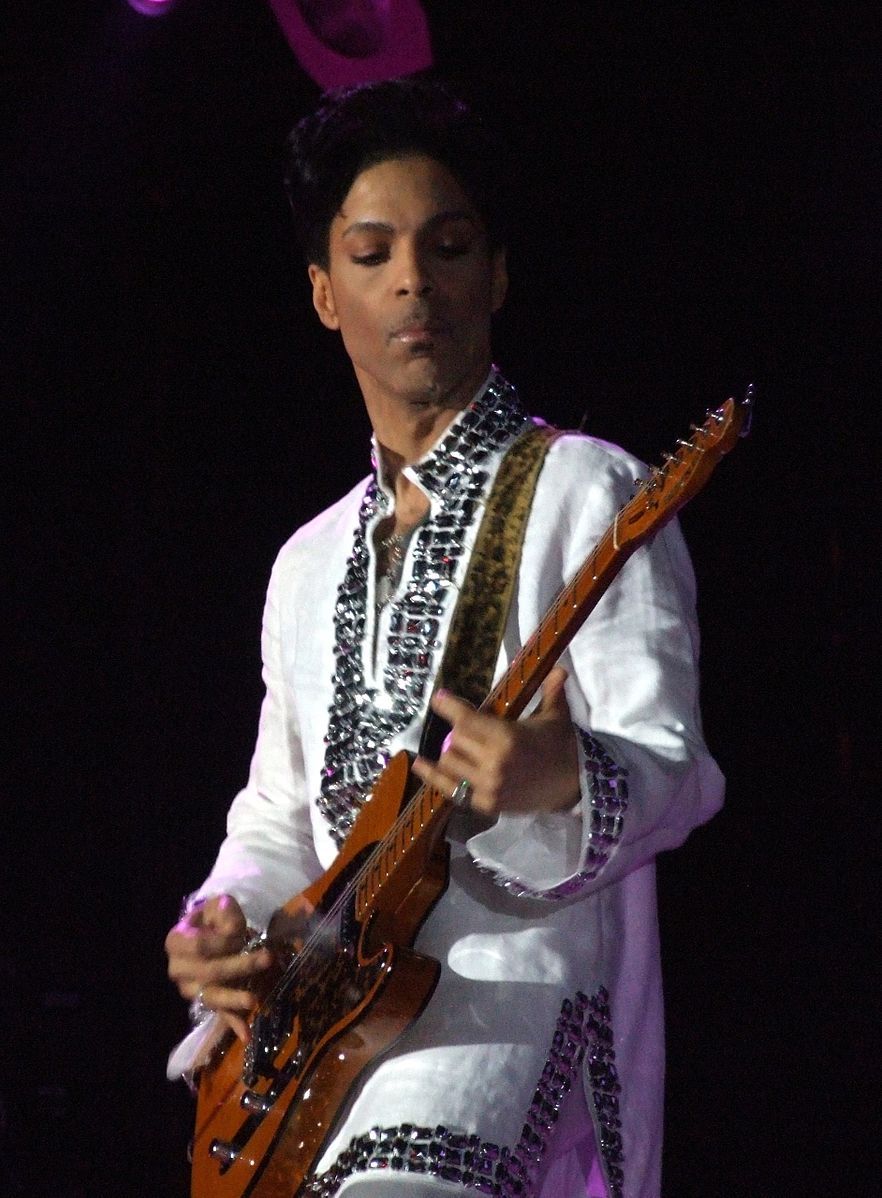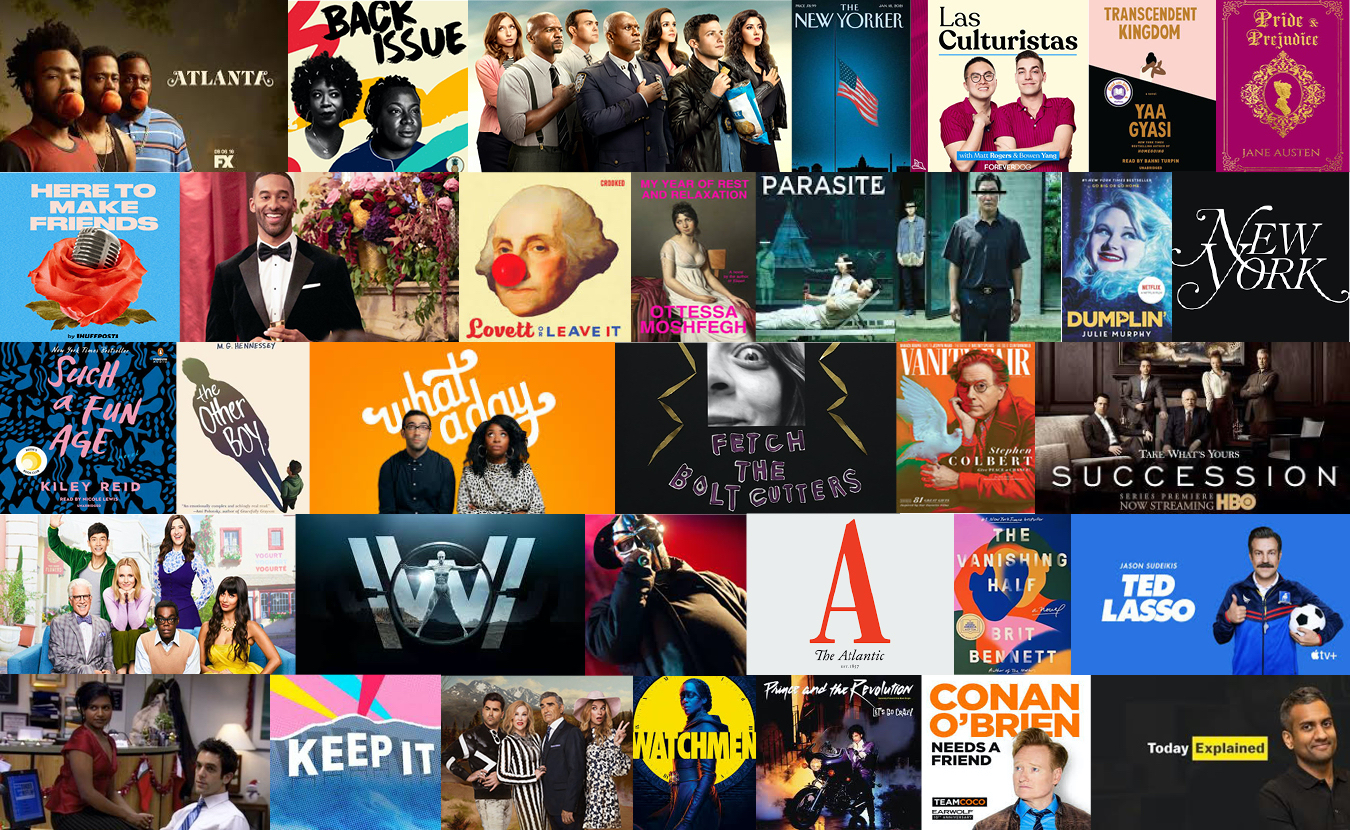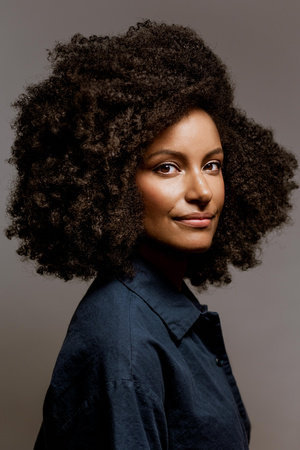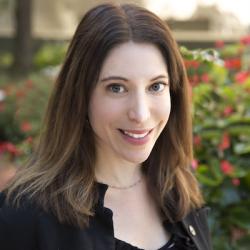“Unprecedented” was one of the most commonly used words of early 2020.
Variants for COVID-19 — covid, the virus, global pandemic, ’rona — were soon joined by quarantine, isolation, and social distancing. Companies and brands “pivoted” their messaging; despite obvious disparities in income and job security in our communities, they insisted that we’re “all in this together.” The horrific, historic past year brought with it a whole new vocabulary to describe our suddenly insular worlds; our sourdough-starter social media posts offered a stark contrast to “on this day” memories of life in “The Before Times.”
The virus also inspired a whole new category of mask-related terminology: mask up vs. anti-masker, maskhole (one who refuses to wear a mask, or wears it ineffectively), maskne (those under-mask breakouts), mint before you mask (to combat your own fetid mask breath), and, of course, the mask shaming (n.) of it all. (“Of it all” is an expression favored by comedian Bowen Yang, along with “jester,” on his Las Culturistas podcast.) And while our pets are certainly “living their best lives,” many of us are suffering “Zoom fatigue” at home offices as we shuffle through too familiar rooms in slipper socks and soup-stained yoga pants, alternately googling what day it is and how to do basic algebra, then falling asleep drooling on the couch while “doomscrolling” — a phrase already in wide use before the pandemic, and one certain to remain with us well into the future.
In the 1990s, we might have considered a lot of these words and phrases “played out” by May. And sure, overly used terms can get annoying, but how else to process and describe what’s happening in the world around us?
‘I like the wine, not the label’
This brings us to language and the popular culture that shapes it, the topic of this column.
Going forward, I’ll share some of my current and classic popular culture favorites and why they resonate. I’ll interview linguists, sociologists, brain scientists, and culture analysts about trends, words, and various art forms, and why they’re so important in helping us both navigate the world and care about life experiences different from our own. I’ll also seek to understand how what we see accepted and reflected in popular entertainment can genuinely change us.

In the sitcom ‘Schitt’s Creek,’ David Rose (Daniel Levy) describes pansexuality to Stevie (Emily Hampshire): ‘I like the wine, not the label.’ (Screenshot)
In Schitt’s Creek episode 10, “Honeymoon,” Daniel Levy’s David Rose character describes pansexuality with beautiful simplicity: “I like the wine, not the label.” A powerful scene in the 44-minute documentary about the last season of Schitt’s Creek shows the actors tearing up as they read letters from fans who used the scene to explain their sexuality to their families.
‘It’s so easy, Ryan. Do you really not know how Netflix works?’
There’s a lot I don’t know that I would like to learn.
How are social changes and behavioral norms intertwined with shifts in the linguistic landscape? How do words and stories help us express what it is to be human, particularly at times like this — y’know, the unprecedented ones — when we are often seeking comfort from the familiar? (The Office, which went off the air in 2013, was one of the most-streamed Netflix shows of 2020.) A decade ago, the term “spon-con” would have hinted at a sort of comic-book convention rather than a new way to make a living and get free stuff (i.e., by being attractive and shilling sponsored content “on social”). We didn’t used to need a phrase for binge-watching; once upon a time, Netflix movies were listed in an orderly online queue and came in the mail in efficient red envelopes.
Since so many of us are revisiting The Office, I pause to recommend the legendary season-three scene in “Safety Training,” where Mindy Kaling’s character, Kelly, explains to B.J. Novak’s Ryan how Netflix works:

From ‘The Office,’ when Kelly Kapoor (Mindy Kaling) tells a co-worker how Netflix works: ‘I go click, click, click. … It’s so easy, Ryan. Do you really not know how Netflix works?’ (Screenshot)
Kelly Kapoor: So then the next movie moves to the top of the queue. So number five becomes number four, number six becomes number five, number three becomes number two, etcetera, etcetera. And let’s just say that I just sent back Love Actually, which was awesome. And they sent me Uptown Girls, which is also awesome. But guess what, now I want to see Love Actually again, but it’s at the bottom of the queue. Oh, no, what do I do? What I do is this. I go online, I go click, click, click, and I change the order of the queue so that I can see Love Actually as soon as I want to. It’s so easy, Ryan. Do you really not know how Netflix works?
Ryan Howard: I guess I forgot.
To be honest (um, TBH), as interested as I am in this ever-changing lexicon and culture, it can sometimes be annoying (skrrrrt!). Yet I’m like a Westworld robot on loop, powerless in the face of each Saved By the Bell or 90210 reboot, every new offering from “Bachelor Nation” (particularly the Here to Make Friends podcast, a feminist take on the often-problematic but deliciously captivating franchise), anything involving Dolly Parton (her music, the terrible holiday film whose name I can’t/don’t want to remember, the wonderful Dumplin’, the vaccine).
Whether I love to see it or hate to know it, I simply cannot look away from the munificent bounty of articles, think pieces, novels, shows, movies, podcasts, videos, homages, songs, posts, and trends barreling toward us from all sides seemingly at all times, what they seek to tell us about our society and culture, and their vast power to activate, irk, anger, elevate, and inspire.
I know I’m not the only one obsessed with this content and, in particular, the language it shares. One of my friends posted the following on Facebook in late November: “Slang words I hate: yas, squee, awesome sauce. Add to it.” The post elicited 414 interactions and contributions (among them: “yeet,” “anyways,” “baller,” “it’s all good”), including a couple from me (“Thank you for coming to my Ted Talk,” “Chonky doggo.”). For many of us, it was the sanity break we needed in a stressful hour, day, week, month, year, whenever this is.
Raindrops on roses and whiskers on kittens
Here’s what’s getting me through these days:
- To Read
My favorite thing to do is read actual books, nearly all genres. I typically reread Pride & Prejudice annually and have a strong bias toward fiction and Young Adult; recent favorites include Such a Fun Age by Kiley Reid, Transcendent Kingdom by Yaa Gyasi, The Vanishing Half by Britt Bennett, My Year of Rest & Relaxation by Ottessa Moshfegh, and The Other Boy by M.G. Hennessy.
- To Watch
I love TV, from “prestige” viewing like Watchmen and Succession and Fleabag and Atlanta to gameshows like Wheel of Fortune and Jeopardy! and the recently rereleased Who Wants to Be a Millionaire? to smart sitcoms like Brooklyn 99 and The Good Place to the sweetly sentimental Zoey’s Extraordinary Playlist to reality shows like Terrace House to documentaries like Hip Hop Evolution, Pretend It’s a City, and Love, Gilda to dark comedies like Crazy Ex-Girlfriend. I love film, from the powerful social commentary (Parasite) to the silly (Coming to America = top five for life). Now that I have a DVD copy of The Godfather Coda: The Death of Michael Corleone, I plan to re-watch The Godfather films in order. - To Listen
I love music, mostly hip hop and rap (RIP, MF Doom), though I can find something to enjoy or appreciate in nearly all genres — Fiona Apple’s pandemic album offering, Fetch the Boltcutters, is a triumph. I listen to dozens of podcasts each week, mostly in the categories of news (Up First, What a Day, Today Explained, Lovett or Leave It), humor (Conan O’Brien Needs a Friend), social justice (Nice White Parents), and pop culture (Keep It is a favorite, and check out Back Issue, new in 2020, if you like to revisit nostalgic favorites and consider how they would be received today). I still subscribe to print magazines — New York Magazine, The New Yorker, The Atlantic, Vanity Fair. Sometimes, the articles in these magazines inform my cultural consumption (the profile on Fiona Apple in The New Yorker was extraordinary).
We are gathered here today
So while I don’t have an artistic talent like my mom, a painter, or my dad, a violinist, I have a great appreciation for artists and the things they create. I am always looking for recommendations, and I want to hear from you: What are you reading, watching, and listening to these days? What’s getting you through the pandemic? What’s a show or artist or film that everyone loves that you inexplicably hate? Were you a Mariah Carey “stan” before her 2020 book or nah? What are your top five desert island movies? What do you want to see or hear more or less of in 2021?
Email me at [email protected] and tell me what’s poppin’ in your world. I’ll always be curious about the things people are into that helps make life feel more beautiful, or at least more manageable.
As Prince wrote in the classic banger “Let’s Go Crazy”:
 Dearly beloved
Dearly beloved
We are gathered here today
To get through this thing called “life”
Electric word, life
It means forever and that’s a mighty long time
But I’m here to tell you
There’s something else
The afterworld
A world of never ending happiness
You can always see the sun, day or night
So when you call up that shrink in Beverly Hills
You know the one, Dr. Everything’ll-Be-Alright
Instead of asking him how much of your time is left
Ask him how much of your mind, baby
Cause in this life
Things are much harder than in the afterworld
In this life
You’re on your own
And if de-elevator tries to bring you down
Go crazy



